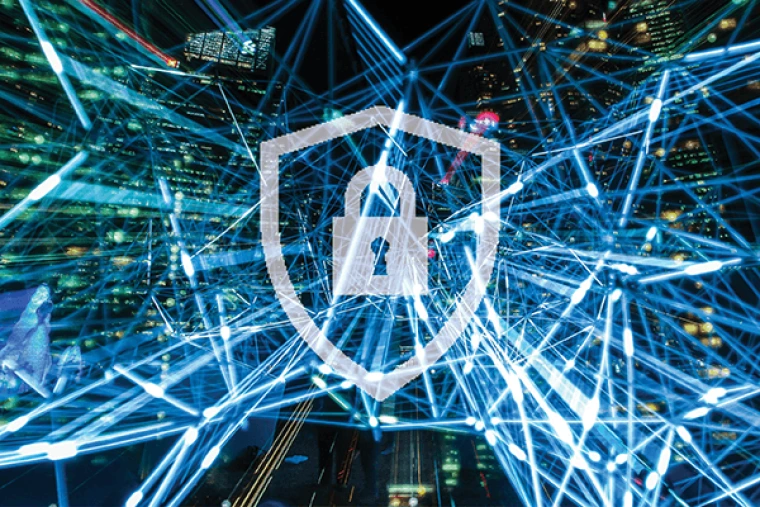
This noncredit professional development course will equip you with in-demand, practical network operations and cybersecurity skills.
Who Should Take Network Security?
No prior cybersecurity experience is required. These courses are perfect for those who:
- Are tech-savvy and enjoy the challenge of learning new tools and technologies.
- Are curious about cybersecurity and want to go beyond the theoretical by using real-world cybersecurity tools.
- Have some information technology (IT) experience or training and want to add in-demand cybersecurity skills to their resume.
- Want to fill cybersecurity skills gaps in their organization.
What You Will Learn: Practical Network Security Skills and Tools
Upon successfully completing the course, you will be able to use the data collected from a variety of cyber defense tools (e.g., IDS alerts, firewalls, network traffic logs) to analyze network events for the purpose of detecting and mitigating attacks against the network.
The hands-on experience and cybersecurity labs will prepare you to immediately apply and use what you learn.
Course topics include:
- Network Design and Protocol
- Introduction to Network Security
- VPN
- Network Monitoring Tools
- Network Vulnerability Analysis
- Network Attacks
- Network Intrusion Detection Systems
- Unified Network Management and Security
Hands-on labs include: Setting IP addresses, subnet masks and gateways; using Wireshark; launching simulated DoS and DDoS attacks; port scanning attacks; using network mapping tools; configuring firewalls; allowing and blocking traffic; network monitoring with TCPdump, IPtraf, and P0f; network vulnerability analysis with OpenVas; using intrusion detection tools such as Snort.
Earn a Certificate and Digital Badge from a Name Employers Trust
Upon successful completion of the course, you will receive a digital Certificate of Completion and a digital badge from University of Arizona Continuing and Professional Education.
Digital badges are an increasingly popular way to record and recognize professional development activities. Digital badges include rich detail regarding what you did to earn the badge, such as learning outcomes achieved, lab exercises completed, skills and tools learned in the course, and more.
Digital badges can also be added to your resume and to LinkedIn and other professional networking sites. A potential employer can click on the badge to see exactly what you did to earn it.
Network Security Course Schedule and Format
Course Format
This fully online course allows you to learn in-demand cybersecurity skills at your own pace.
The course is completely online, and you have 24/7 access to materials, including:
- Video lectures
- Quizzes to ensure you understand the material
- Hands-on online labs, where you will practice using network and computer monitoring tools, intrusion detection and prevention tools, and other IT security tools
The instructor is available to answer your questions via email and during weekly scheduled office hours.
Requirements: Because this course contains online labs, participation in the course requires high-speed and reliable Internet access and a computer (minimum Windows 7 or MacOS X or Ubuntu 12.04 or a tablet with similar capabilities).

